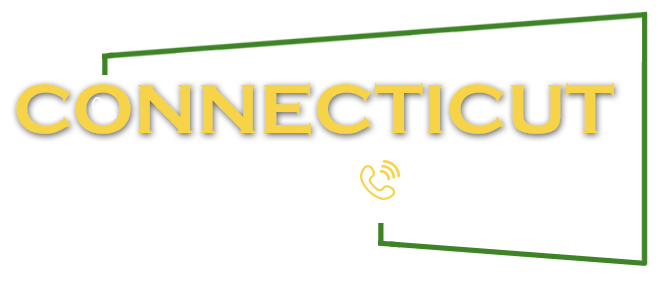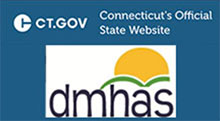State of Connecticut Addiction Recovery Resources
State of Connecticut Treatment Hotline Resources

State of Connecticut Addiction Recovery Resources

State of Connecticut Government Addiction Recovery Services
State of Connecticut Government Addiction Recovery Services Within the state of Connecticut, the government is steadfast in its commitment to addressing addiction and facilitating recovery through a comprehensive array of services. Led by the Connecticut Department of Mental Health and Addiction Services (DMHAS), the state government prioritizes the well-being of its residents by providing a range of evidence-based programs and interventions. These services encompass prevention initiatives, treatment programs, and ongoing support for individuals struggling with substance use disorders. By integrating mental health and addiction services, the Connecticut government aims to create a holistic and accessible framework that supports individuals on their path to recovery, reinforcing the state’s dedication to fostering healthier communities and improving overall public health outcomes.

211 Connecticut Substance Disorder Resources
211 Connecticut Substance Disorder Resources 211 is a free, confidential information and referral service that connects people to essential health and human services 24 hours a day, seven days a week online and over the phone. 211 is fully certified in crisis intervention by the American Association of Suicidology and is certified by The Alliance of Information and Referral Systems (AIRS). AIRS is the professional association for over 1,200 community Information and Referral (I&R) providers.

Drugfreect.org Connecticut’s Premier Resource on Addiction
Drugfreect.org Connecticut’s Premier resource on substance misuse and addiction. including the full continuum of prevention, early intervention, treatment and recovery. This site includes drug use facts & warning signs, information on statewide initiatives and campaigns, strategies for overdose prevention including access to the life-saving drug naloxone (Narcan®), and access to treatment and recovery supports. Meeting people where they are with substance use prevention books, pamphlets, posters, factsheets and more! When substance use affects the health of your organization, there’s a new direction in how to handle it. Get your business on the road to recovery.

Senator Chris Murphy Connecticut Addiction Resources
Chris Murphy Connecticut Addiction Resources. Connecticut, like states across the country, is in the midst of a prescription drug and heroin epidemic. Every city and town in our state is affected and an estimated 888 Connecticut residents will die from overdoses this year. Whether it’s fighting for more treatment and prevention funding or working with individual families to get their loved ones the help they deserve, I am committed to doing all I can to help combat this deadly epidemic and help those in recovery. I often hear how difficult it can be for family members to find help for their loved ones. Below, my office has provided resources to simplify the process and help Connecticut residents find the information they need to get started.

City of Stamford Connecticut Drug Alcohol Recovery Resources
A key focus of the CT Behavioral Health Partnership (CT BHP) is to encourage recovery and resiliency and support access to community services and supports. The CT BHP has partnered with the Connecticut Community for Addiction Recovery (CCAR) and the National Alliance on Mental Illness (NAMI) to provide the best in recovery publications, educational materials and resources for providers and members.
Connecticut Assoc. Directors of Health Addiction Treatment and Recovery Resources
Connecticut Association of Directors of Health Addiction Treatment and Recovery Resources Local health department staff are often instrumental in identifying vulnerable populations or those who are experiencing barriers to care and may serve as an entry point into the health care system. Often, local governmental agencies, including the public health department, can coordinate provider services or provide information, referrals, transportation, and other services, addressing barriers and ensuring that people can access the care they need, when and where they need it. Local health department staff should know what prevention, intervention, and treatment resources exist statewide and in their own communities. Below is a list of statewide and national resources for identifying and accessing a broad array of addiction services.